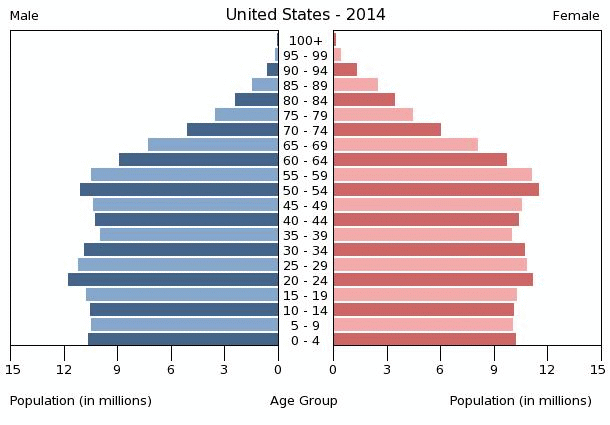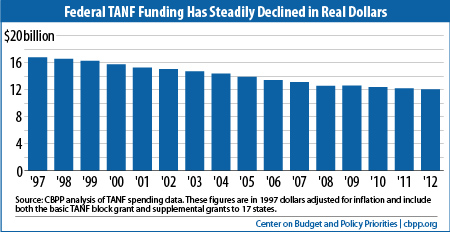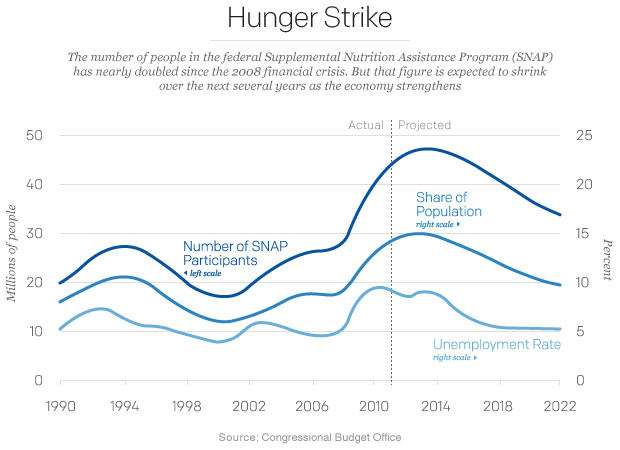It should also come as no surprise that there are SPOILERS here.
So don't read any further unless you've seen the movie or don't mind spoilers...
All in all, The Force Awakens was a decent movie. If it stood alone from the rest of the Star Wars universe, it would be even a good movie, with great effects, good acting, epic characterization, and a cohesive plot. Taken within the fabric of the whole universe, though, it is lacking on several fronts. As someone said, it's the best Star Wars movie in 32 years - not better than the original trilogy, but certainly better than the prequels.
Although, perhaps, only slightly better than Episode 3.
So why do I think it misfired? To answer that, I need to go into detail about the film...
Problem #1: There is nothing new under the sun...
The movie starts out as A New Hope:
The bad guy,
It then briefly becomes Empire Strikes Back:
We discover
And then solidifies into Return of the Jedi:
The heroes form a plan to destroy the
So my biggest problem with the movie is that it's not a new movie - it's the same bloody movie they've done before. The only thing new about it is that the dark-clad masked bad guy strikes down his relative, instead of being saved... but the story is clearly set up to let Ren turn back to the side of good, perhaps as he strikes down his master in a later movie.
Problem #2: It's too predictable
Part of its predictability has to do with the fact that it's the same movie as before, but every time they do a tiny bit of foreshadowing, it's obvious what's going to happen: the monsters Han is smuggling will get out, Leia and Han will make up, Ren will kill Han, the rebels will destroy the Death Star or whatever everyone wants to call these things now, and everyone else will survive, and R2-D2 will conveniently come back online at the end to give Rey the location of Luke so she can receive her training. There was not one single moment during the movie that I was surprised by anything relevant to the plot, except for the moment when Rey and Finn are running towards a fancy ship and it's destroyed, so they turn and run for the Falcon.
As a result, nothing is ever tense. The scene that's supposed to make us question who can live and who can die - the scene where Han is killed - doesn't actually serve to do that, because the foreshadowing of the scene made it clear he would.
Problem #3: The little idiosyncrasies
There are little things wrong with the movie. For instance, in the beginning, we see an old guy who looks vaguely like the War Doctor, who we're told is someone we know and trust who might know the location of Luke. Problem is, he's entirely new to the universe - no one has a clue who he is. If you do some research online, you'll discover that his name is Lor San Tekka, and he runs some kind of Church of the Force or some such nonsense, and that's why he might know that location. But, without digging into his story, you won't know any of that, and so he's just a random old dude whose death is entirely meaningless and who we have a hard time believing would have any such information. We're left scratching our heads about who he was in the other movies, only to draw blanks.
In the same scene, we see something that is impossible in the original 6 movies: Kylo Ren stops a blaster bolt in mid-air. Darth was able to absorb or deflect a bolt with his hand, but never did he stop the bolt in mid-air. If such a thing is even possible in the universe (I guess it is now, but it wasn't before), then Ren should be capable of doing such a thing in even more crazy scenarios. He could stop the bolts coming out of the x-wings that were attacking his troopers, for instance. Instead of pushing Rey's blaster away, he could stop the bolt in mid-air with her, too. Heck, he could stop the bolt, knock her out (we saw him knock her out with the Force), place her in front of the bolt, and let it go, so that her own shot kills her. Yet, when he actually fights either Finn or Rey, he doesn't rely on The Force at all, and we're given no explanation or insight why, despite the fact that he's clearly capable of it.
We're also told Poe Dameron is a hotshot pilot, but what kind of hotshot pilot jumps into a tie fighter not looking to see if it's still tied down. Any decent pilot is going to make sure he can actually take off before gunning it.
And we're told that Finn is a stormtrooper, but for some reason, he's the only stormtrooper who can hit anything. Just like in A New Hope, where we're told that "only Imperial Stormtroopers are so precise" and then see them missing every single shot they ever make, we should expect him to do the same, only to see him be this godlike badass who hits everything and can even fight a trained Dark Lord with a lightsaber...
And then there's Rey, who lacks even the training Finn has. Her fighting prowess is great, certainly, but she uses a staff on Jakku, not a sword, let alone a lightsaber. Ren, on the other hand, was trained by Luke himself. And yet, Rey defeats him...
And the entire time she's beating him down, there's no moment where it seems like maybe she's giving in to the dark side. When we saw Luke and Vader fighting in both Empire and Return, there was always the risk that Luke would give in to his hatred (an early script for Return actually had him turning to the dark side), but we see no such fear or temptation between Rey and Ren. Ren mentions once that he can train her, and that's the extent of it.
Problem #4: The science.
Star Wars is not a science fiction - it is, rather, a fantasy set in space. When Star Wars has tried to explain its science, such as in the midi-chlorian debacle, it has always fowled up marvelously. It is at its best when it simply shows futuristic-looking things without explanation.
That's why the new Death Star-like thing is even more ridiculous than the last. It's the size of a planet, and in fact appears to be built into a planet, carving out the entire thing like hollowing out a pumpkin. It has the ability to siphon energy off of a star, taking solar power to a whole new level, but it does so by sucking in all the matter of the star.
First of all, that's bad enough. If you want to destroy a planet, sucking in its sun is a great way to do so. Without the gravity of the sun (which is now entirely inside the destroyer), the planet orbiting it would shoot out into deep space at whatever direction it was traveling when the gravity went away. Since the new destroyer has come into the system, and has sucked in the solar gravity, the planet will now be gravitationally bound to it, and will have a massive course change. If they wanted to, the First Order could simply move their destroyer near to the planet and let the two collide, or use the gravity of the destroyer to fling it into another planet or a moon.
But when you suck in the matter of a star, you're not sucking in its energy. You'll get a bit of energy, thanks to the fact that a lot of the star is super-heated plasma that will continue to be ridiculously hot, but it won't be engaging in fusion. The matter itself isn't destroyed, it's instead compressed inside your planet.
That's actually a key component of the film - the thing that the resistance has to destroy is the compression coil, which is keeping the matter of the star compressed inside the destroyer.
But hydrogen, under intense pressure and heat, as it would be inside the destroyer, would fuse - that is, it would go back to being a star inside the destroyer, now under much more intense pressure and heat than it had before.
but it would not cease to exist
They say they have to suck in a star each time they want to make a shot, but the star they sucked in already isn't dead, the hydrogen is converting slowly to helium. Our own star will last for another 4 billion years. Even under intense pressure and heat, it should last for a few million. The shortest-lived stars still live for tens of thousands of years. If they could somehow compress and hold onto a star like that, they would have the power to destroy planets for thousands of years.
Not to mention the gravitational issues...
Our sun has a mass of about 2×1030 kg, and a volume of 1.41×1018 km3, leading to a density of 1410 kg/m3. If it was compressed down into the volume of our Earth, its density would be 1300000 times higher, or roughly 1,800,000,000 kg/m3. That's still 8 zeroes away from Neutron Star, but the gravitational forces would be extreme nonetheless. The gravity on its surface will increase by about a thousand-fold.
That's going to put tremendous gravitational forces on the destroyer. Nothing on the surface could survive, no matter if they are our intrepid heroes. And, under that kind of gravity, we can't even imagine technology that can survive, meaning the entire planet-destroyer-thingy would collapse. We can't even land a probe on Venus without it instantly dying.
All of that said, it's still an enjoyable film. Finn and Rey are believable heroes, and the film plays just the right balance between fan-service and advancing the story. There are several moments during the film where even I cheered and laughed. It could be better, and if Disney is to survive ownership of the franchise, it must be better. Fortunately, this film is really just set up to the Disney expanded universe of films, books, shows, etc., and as the setup for that universe, it did a remarkable job. Disney didn't forget that the point of the Empire is to mimic Nazi Germany, and it really nailed that point home, which is really critical at a time when so many politicians seem to be trying to lead America to becoming the ideological successor of Hitler.










